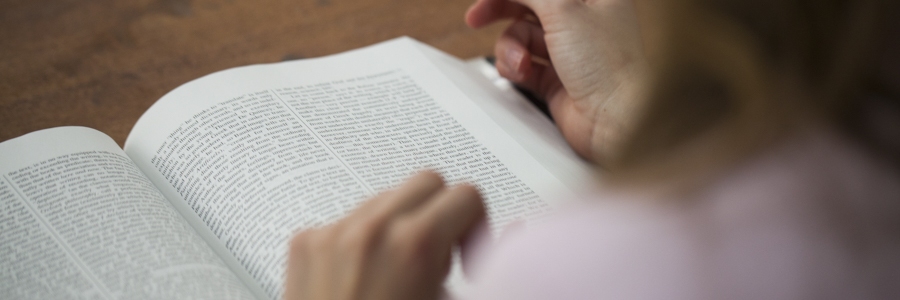
The names "Loyola" and "Marymount" have long been associated with Catholic higher education in countries around the globe. Saint Ignatius Loyola, founder of the Society of Jesus, sanctioned the foundation of his order's first school in 1548. The Religious of the Sacred Heart of Mary have conducted educational institutions since their establishment in France in 1849 by Father Jean Gailhac. These two traditions of education have come together in Los Angeles as Loyola Marymount University. The present university is the successor to the pioneer Catholic college and first institution of higher learning in Southern California. In 1865 the Vincentian Fathers inaugurated St. Vincent's College for boys in Los Angeles. When this school closed in 1911, members of the Society of Jesus opened the high school division of their newly founded Los Angeles College.
The collegiate department also opened in 1911. Rapid growth prompted the Jesuits to seek a new campus in 1917 and incorporate as Loyola College of Los Angeles in 1918. Relocating to the present Westchester campus in 1929, the school achieved university status one year later. Graduate instruction began in 1920 with the foundation of a separate law school.
Over 60 years ago, in January, 1949, John F. Connolly, S.J., Dean of Faculties, acting on the authorization of the President of the University, Fr. Edward Whelan, S.J., appointed a Committee to explore the possibilities of graduate studies at Loyola University (The name changed to Loyola Marymount University after its merger in 1973 with Marymount College). In the fall of 1950, the first and only program, Master of Arts in English, was established. At the amazing rate of $12.50 per unit, two students enrolled and began taking courses.
In 1951, the Education Program started with a handful of students and by 1952 enrollment had increased to 63. As early as 1961, programs in the teaching of Biology, English, and Social Studies were offered through the School of Education. By 1962, graduate enrollment had soared up to 359 students and during this same year, Loyola University was admitted for membership to the Council of Graduate Schools.
In 1960, the addition of the Communication Arts program was proposed, and four years later, the deal was finalized. In those years, the main focus of the curricula was on television-radio-motion-picture, journalism, and advertising. In an effort to adapt to the changing needs of times, the emphasis today is on Film/TV Production and Screenwriting. In general, trends exist in which graduate programs emerge as a result of growing fields of interest in specific undergraduate courses.
The growth of the Graduate Division at Loyola University continued in the following years. In 1969, Master of Science degrees in Civil, Electrical, and Mechanical Engineering were unanimously recommended and approved. Two years later, in 1971, Master degrees in Counseling Psychology and Mathematics were firmly incorporated. Master in Religious Studies, although proposed years earlier, was formally approved in 1975. Today, the degree goes by the name of Master in Theological/Pastoral Studies. One of LMU’s largest graduate programs, Master of Business Administration, originated in the fall of 1974.
Starting with meager beginnings, the Graduate Division at LMU has flourished to become one of the leading regional universities on the West Coast. Its MBA program is ranked No. 13 nationally and No. 3 in the West Region part-time MBA category by BusinessWeek. The School of Education is accredited by NCATE (National Council for Accreditation of Teacher Education). It is among the very few private universities accredited nationally by the state of California. The rest of the programs are all accredited by WSCUC and several other accreditation agencies.
In articulating a vision for this unique collegiate enterprise, the Board of Trustees turned to the history of the four-century old Jesuit educational philosophy, as well as to the history and traditions of the Marymount and St. Joseph's Sisters. They also recognized the riches of a variety of religious traditions represented among the dedicated faculty and staff which complemented and enhanced the school's heritage of Catholic values.
Loyola Marymount understands and declares its purpose to be: The Encouragement of Learning; The Education of the Whole Person; The Service of Faith and the Promotion of Justice. The University pursues quality in:
- Curricula of All Academic Programs
- Co-curricular Programs and Support Services
- Faculty, Administration and Staff
- Students
- Campus Life, Hospitality, and Services
- Promotes Academic Excellence
- Provides a Liberal Education
- Fosters a Student-centered University
- Creates a Sense of Community on Campus
- Participates Actively in the Life of the Larger Community
- Lives an Institutional Commitment to Roman Catholicism and the Judeo-Christian Tradition